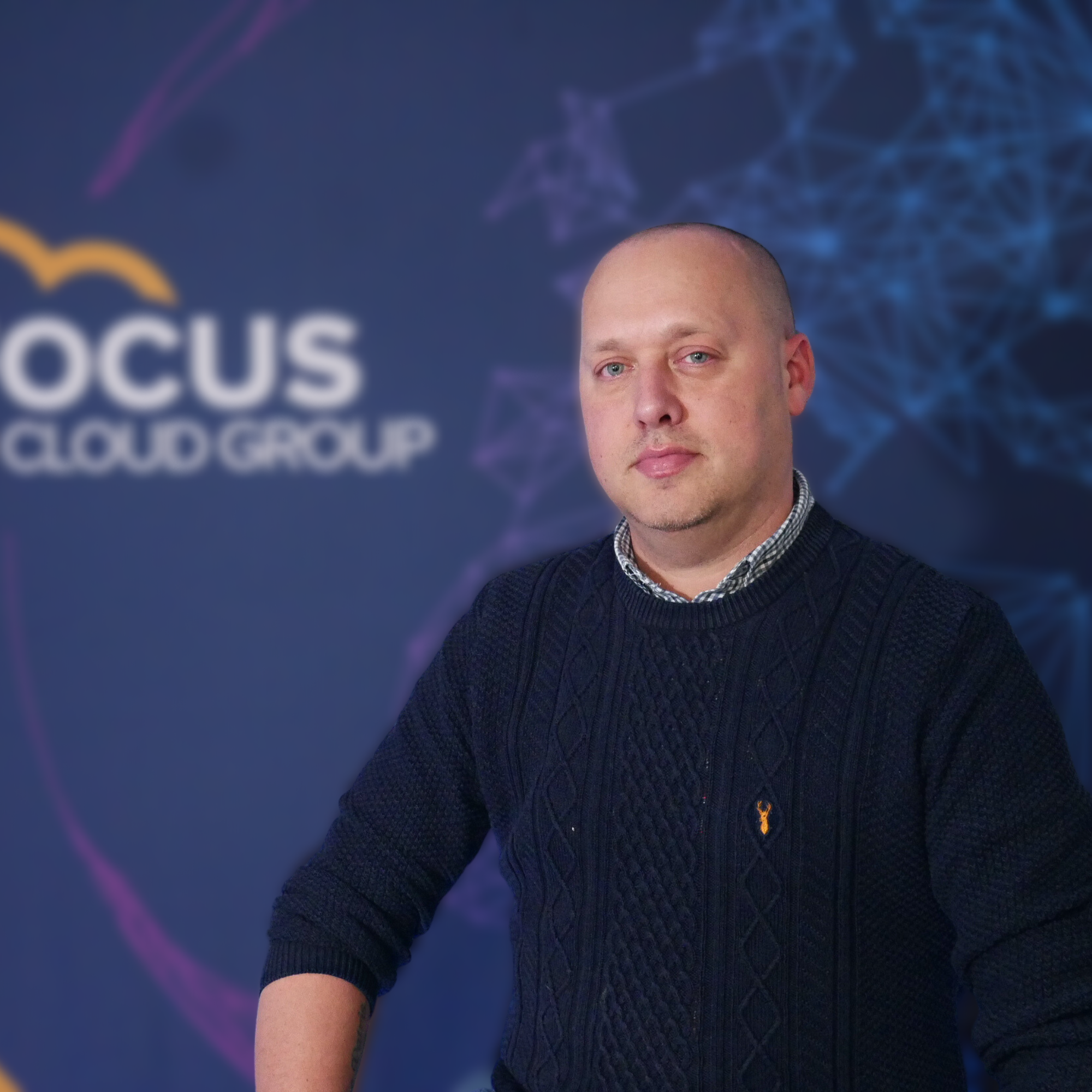
You may remember our old friends Bert and Patsy, the Workday professionals. Bert was in a job he loved, but wasn’t getting as much out of it as Patsy (who’d made a sensible move) because he just hadn’t thought to look around. Feel free to familiarise yourself with Bert and Patsy in our article here.
So, what happened next?
It turns out, Patsy listened, got in touch with Bert and had an interesting discussion about what might be out there for him. He decided to start applying for jobs and get in touch with a Recruiter.
The Recruitment Specialist had an in-depth discussion about what might be right for Bert, and went through the opportunities available. Bert decided to be put forward for a role he was really excited about (let’s call this Job A), but he also started an interview process elsewhere (Job B). Two weeks later, Bert had been offered a second interview for Job A, but had received a verbal offer for Job B.
Now, this is where it gets juicy.
Bert preferred Job A – it was at a company he liked; he’d gotten along well with the hiring manager so far, it was closer to home, a better hybrid model, and the remuneration package was better. However, Job B was OK as well, and he’d felt flattered by the job offer; they seemed excited about him. Who doesn’t feel good after a job offer?
Bert immediately accepts the offer for Job B and pulls out of the interview process with Job A.
Classic Bert.

It’s not just Bert that's been here before, and it’s not always a job offer that causes you to pull out of an interview process.
There’s Gertrude, who got cold feet about making a move, and Lionel, who thought he spotted some red flags in the first interview, so didn’t think about seeing it through.
Don’t get us wrong, sometimes you know after one interview that it’s not the job for you. In this case, the best thing to do is be honest and let your Recruitment Consultant/the hiring manager know as soon as possible, so that they can dedicate their time to the other potential candidates.
However, there are many reasons why pulling out of an interview process could be premature and risky...
Giving the wrong impression
Firstly, it can look a little unprofessional. If you’ve been enthusiastic about a process and the interviews so far have gone well, suddenly dropping out for the first offer that comes along can be incredibly disappointing for all involved. Remember, the Workday ecosystem is small, and word-of-mouth holds a lot of impetus. You don’t want to gain a reputation as unreliable, whether that’s with your Recruiter or the hiring manager.
There’s no need to rush. Be transparent about what offers you’re getting/how you’re feeling about an interview process, and ask for transparency in return. How long will the rest of the process take for Job A? Can you ask for some time before you accept the offer of Job B?
Any company that requires you to make a decision about an offer immediately probably won’t be considerate of their employees further down the line. You should be able to respectfully negotiate a bit of time and leeway for decision making.
You might be able to do better
Sometimes, the first thing that comes along is the best deal.
However, if you make your Recruitment Consultant and/or the hiring manager aware of the situation, and you negotiate a time scale for both getting an answer for Job A and giving an answer for Job B, you could gain a lot more valuable information, and potentially a second offer for comparison.
Gather knowledge, it’s power.
Remember, a Recruiter knows what good looks like – whether that’s information about the company, the job role or the package offered. There are a small number of Recruiters who give the industry a bad name by clearly sacrificing what’s best for a candidate by trying to get a quick deal. The good ones genuinely care about whether you’re doing what’s right for you, and whether you’re the right fit for their client.
So just take a second, see what the timeline looks like, and don’t jump to any quick conclusions.
Gather more information
Does waiting and seeing out another interview process feel a little risky to you? Just ask the right questions.
Where are the company with Job A at in terms of their interest in you? How many candidates have reached the same stage of interview? Are you likely to receive an offer after a second interview if it goes well, or are there more interview stages and delays to expect?
If it’s obvious that you’re not a front runner, it’ll be another two weeks before any decisions are made, and Job B will be off the table by then, it’s OK to say that Job B is good enough to not risk losing.
However, if you know that a decision about Job A is a likely prospect within the next week, and all involved parties are working from the same timeline, then the risk to you is very little, with potentially a very large reward.
The Takeaways
Be honest, and you will get honesty in return. If a Recruiter asks you whether you have any applications or interviews on the boil, it’s so they can gauge the situation and avoid scenarios like the one above.
If you’re interested in Job A, don’t get blinded by the shiny lights of the offer for Job B. If Job B was always your first choice anyway, let the Consultant know, so they can try and navigate the right timings and decisions around putting you forward for other things.
If you know that dropping out of an interview process is right for you, that’s OK, but make sure you’ve gathered enough information to be sure it’s the right decision. Don’t burn any bridges – in the Workday ecosystem, you never know when you’ll need to cross that bridge in the future.
If in doubt, talk to your Recruitment Consultant.
Get in touch with one of our specialists at Focus on WD if you’re looking for market insight or thinking about the opportunities available to you, whether that’s next week or next year. Start with a conversation, you never know where it might lead!



